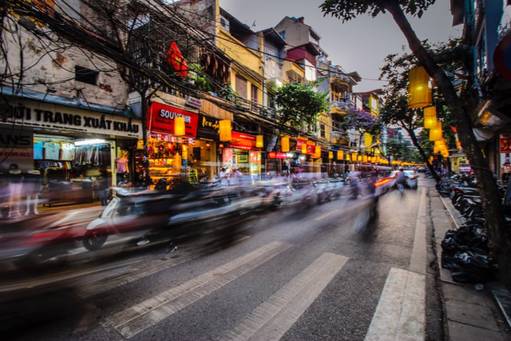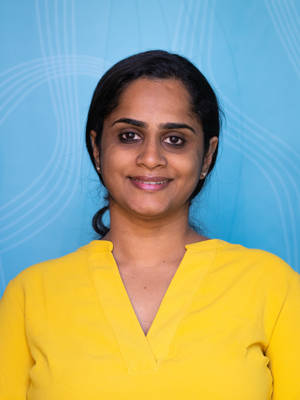A vast majority of the global increase in the size of middle classes occurs in Asia. What is driving this tremendous middle-class expansion and how is it related to the unprecedented levels of internal and international migration in that region? Specifically, what roles does migration play in Asian families’ trajectories into middle-classness over time?
MigrationRhythms investigates this question, discerning whether the roles of migration in trajectories of upward social mobility into middle-classness differ, and if so, how and why. The variation in distances and durations of migration among individuals in a family, over time, are described as migration rhythms.
The idea of migration rhythms draws on work in geography and migration studies, on time, demography – and the longitudinal impacts of migration. Drawing on data from four Asian cities – Karachi and Mumbai, Hanoi and Manilla – this project seeks to theorize the interaction of migration and social mobility.
For middle-class families in Asian cities today: which roles have remittances played over time, in their trajectories of upward social mobility? And how has the migration of family members for shorter or longer periods of time, to places far away, or just to the next city, shaped these trajectories?
The MigrationRhythms project draws on family history interviews and survey data to find out. And through data also accesses narratives about – and measures of – the roles of migration in upward social mobility.
Watch our research-based animations, produced by PositiveNegatives in close collaboration with the researchers, here.
This project has received funding from the European Research Council (ERC) under the European Union's Horizon 2020 research and innovation programme (grant agreement No 948403).










